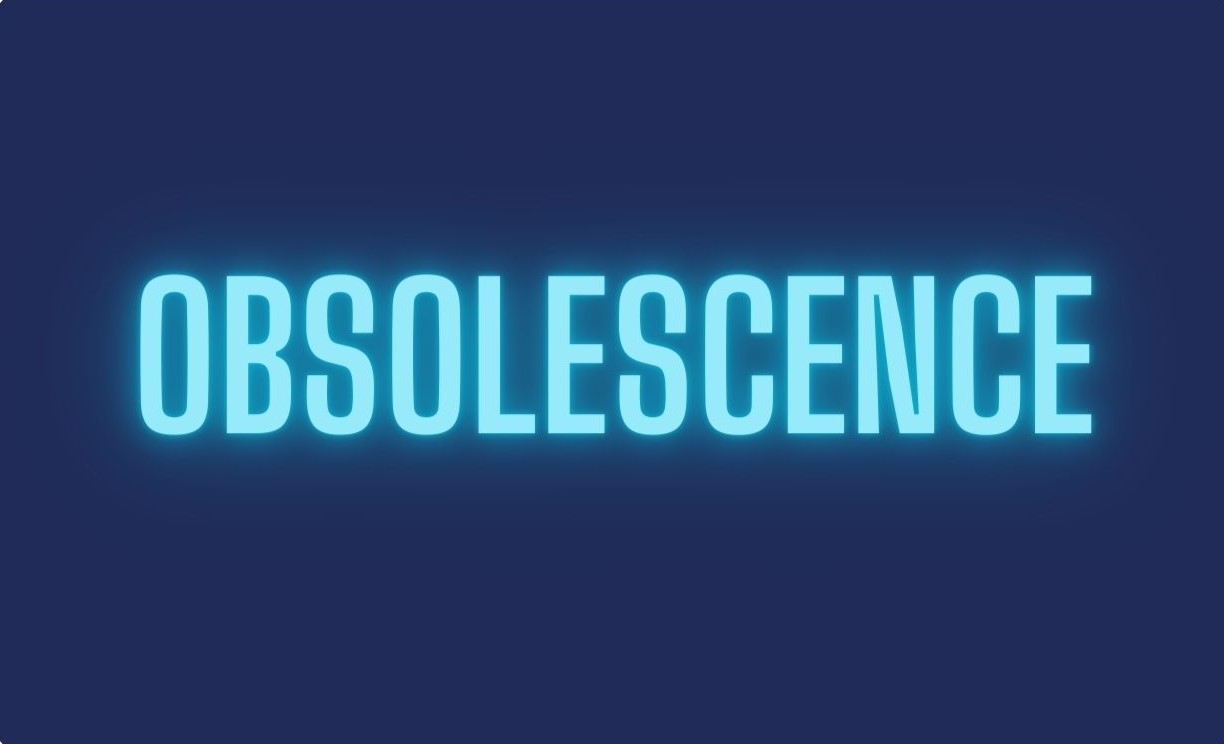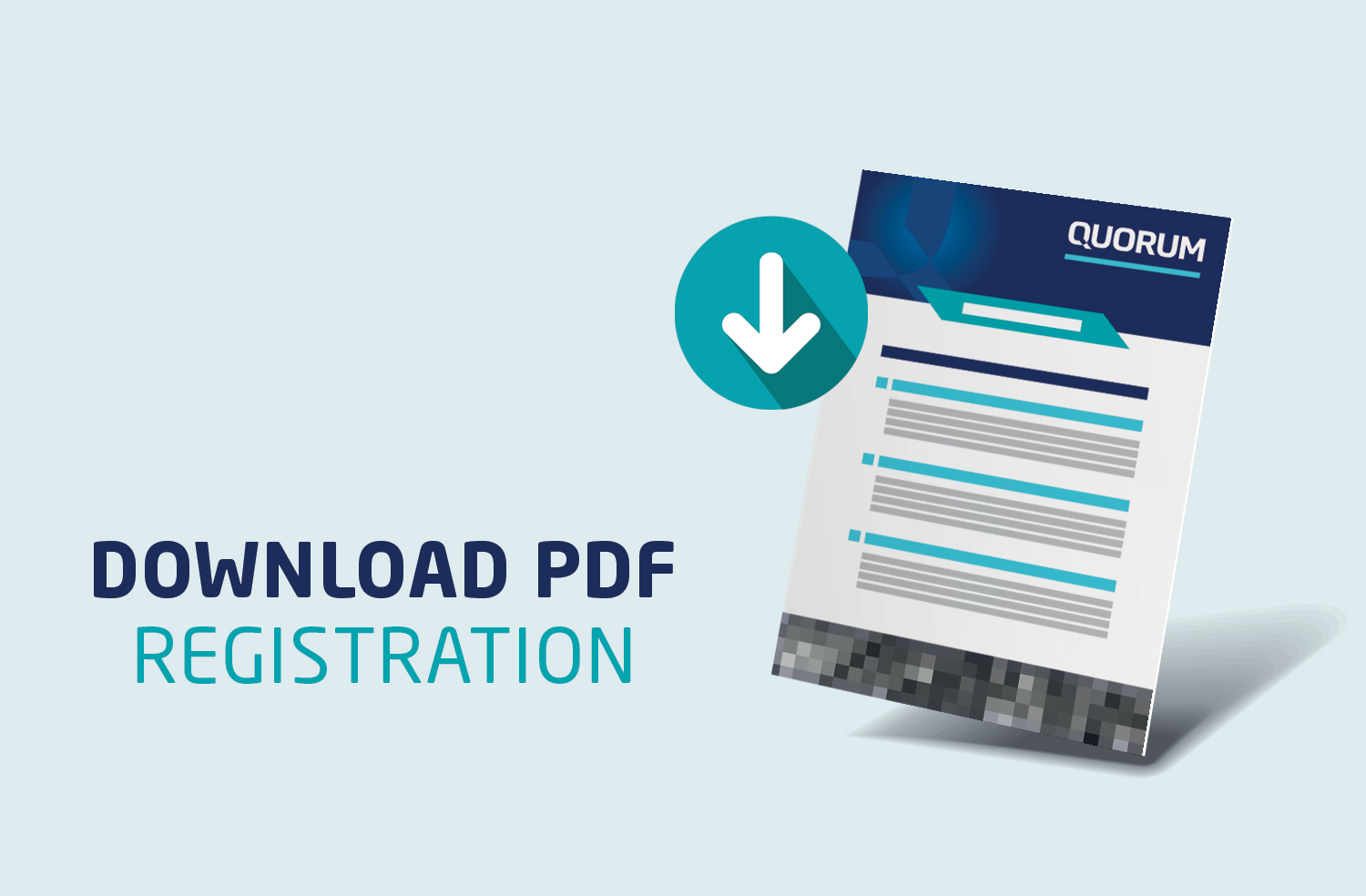What Is Integrated Logistics Support – Obsolescence

Integrated Logistics Support (ILS) is a suite of disciplines aimed at ensuring that a system functions reliably and cost-effectively by planning for maintenance, parts, training, obsolescence, disposal and much more during the system’s entire life. Today, we are looking at obsolescence: what, why, and when is it?
Obsolescence can be a significant headache. It happens when parts a system needs become unavailable because of advancements, parts become unavailable, or standards change. This throws a wrench in maintaining older systems, and ILS planning needs to consider this throughout a system’s life.
Because ILS covers such a wide range of things, we are developing a few articles designed to discuss each discipline so that our clients, or even curious readers, can better understand the importance of what we do. That said, let’s get into it.
What is the Importance of Obsolescence in ILS?
At its core, Integrated Logistics Support aims to ensure that systems and equipment are available when needed while being sustainable and cost-effective throughout their lifecycle. Obsolescence, the inevitable reality of technology advancement and component discontinuation, poses a significant challenge to this objective.
Firstly, effective obsolescence planning mitigates risks associated with outdated or unsupported components. Such risks include increased downtime, decreased operational efficiency, and compromised safety. By proactively identifying and addressing potential obsolescence issues, Quorum Logistics Support LTD can minimise these risks, enhancing system reliability and availability.
Secondly, obsolescence planning is crucial for maintaining cost-effectiveness. Without adequate planning, unexpected component obsolescence can lead to costly workarounds, last-minute replacements, and excessive inventory stockpiling. By integrating obsolescence considerations into the broader ILS framework, you can optimise resource allocation, streamline procurement processes, and ultimately reduce lifecycle costs.
We cannot forget sustainability and obsolescence planning, which foster long-term sustainability. By strategically managing the lifecycle of components and systems, we minimise waste, promote recycling and re-utilisation, contribute to environmental conservation efforts and increase your Social Value Score.
By addressing obsolescence proactively and with our help, you can navigate the complexities of technological evolution while ensuring operational readiness and efficiency.
Examples of Obsolescence
Obsolescence examples can be found in day-to-day life. For example, mobile phones, computers, TV sets and so on. In the Ministry of Defence (MoD) context, phased-out rifles, tanks, and aircraft due to technological advancements are great examples of obsolescence. That said, let’s look at a few more examples:
- Technological Obsolescence: This type occurs when newer technology surpasses existing ones, rendering it outdated or less effective
- Functional Obsolescence: Functional obsolescence arises when equipment or systems can no longer perform their intended functions efficiently or effectively
- Parts Obsolescence: Parts obsolescence occurs when essential components or parts of a system become unavailable due to discontinuation by manufacturers
- Software Obsolescence: Software obsolescence refers to the point when software systems are no longer supported or compatible with newer hardware or operating systems, rendering them obsolete
- Planned Obsolescence: This is a strategy where products are designed to have a limited lifespan, often through the use of inferior materials or features that make them difficult to repair or upgrade, encouraging you to purchase new parts more frequently
Strategies for Managing Obsolescence
At Quorum, effective obsolescence planning typically involves several strategic approaches:
- Proactive Identification: Quorum can implement plans for early detection of potential obsolescence issues, allowing for timely intervention and mitigation
- Forecasting and Risk Assessment: Through comprehensive forecasting and risk assessment processes, Quorum can anticipate and evaluate the impact of obsolescence on systems and equipment
- Spare Parts Management: Quorum can maintain sufficient spare parts inventory planning to mitigate the risks associated with component obsolescence, ensuring uninterrupted operations
- Component Redesign and Upgrades: We can explore options for redesigning or upgrading components to extend their lifespan or enhance their compatibility with newer technologies
There is also the option for resale. Maybe your equipment no longer works for you, but perhaps it works for someone else. So, having a good resale strategy in your obsolescence plans can save you a significant amount of money and minimise the disposal process.
Sometimes, one of your options is to explore secondary markets to source obsolete components, reducing dependency on single suppliers. Typically, this requires significant planning and analysing the pros and cons of using other suppliers is crucial.
By employing these strategies, Quorum can effectively help you with your obsolescence planning, ensuring system reliability, cost-effectiveness, and operational readiness throughout the lifecycle of your equipment and systems.
Why Choose Quorum for Your Obsolescence Management

Quorum was founded over 20 years ago, and at that time, we had built great relationships with our clients and have maintained a solid reputation. Going forward, our goal is to offer as much value as possible, and here are a few ways we plan on doing this:
- Being there when you need us
- Staying on top of trends
- Finding and offering you tailored solutions for your Integrated Logistics Support needs
By using Quorum, you will be saving time and money, ensuring your equipment sees maximum uptime and minimum downtime. Regarding obsolescence, you will know what to expect and how to navigate your product’s end of life.
Book an informal chat with Shaun And let Quorum take care of your obsolescence planning needs, allowing you to focus on your core operations with complete peace of mind.



